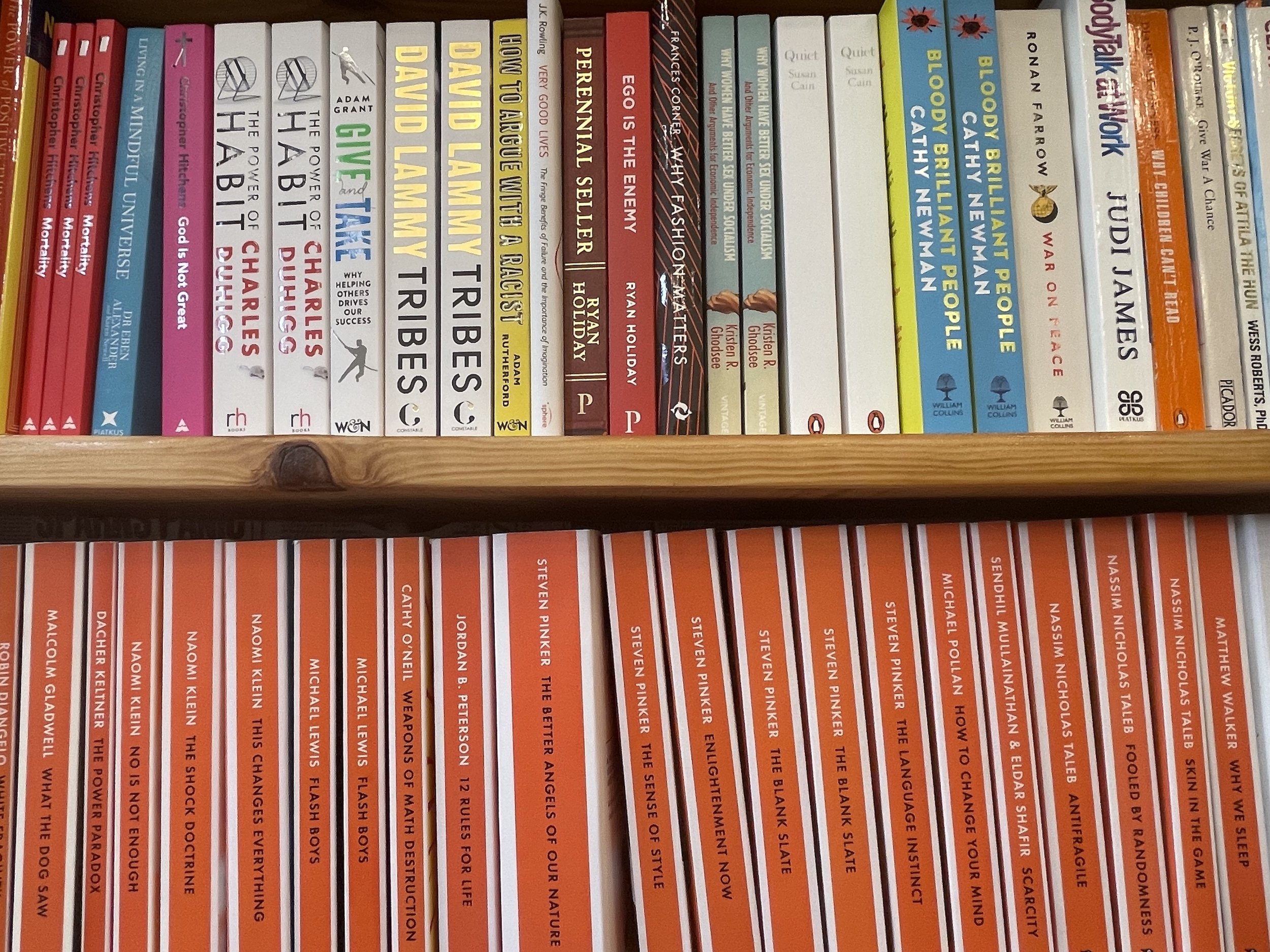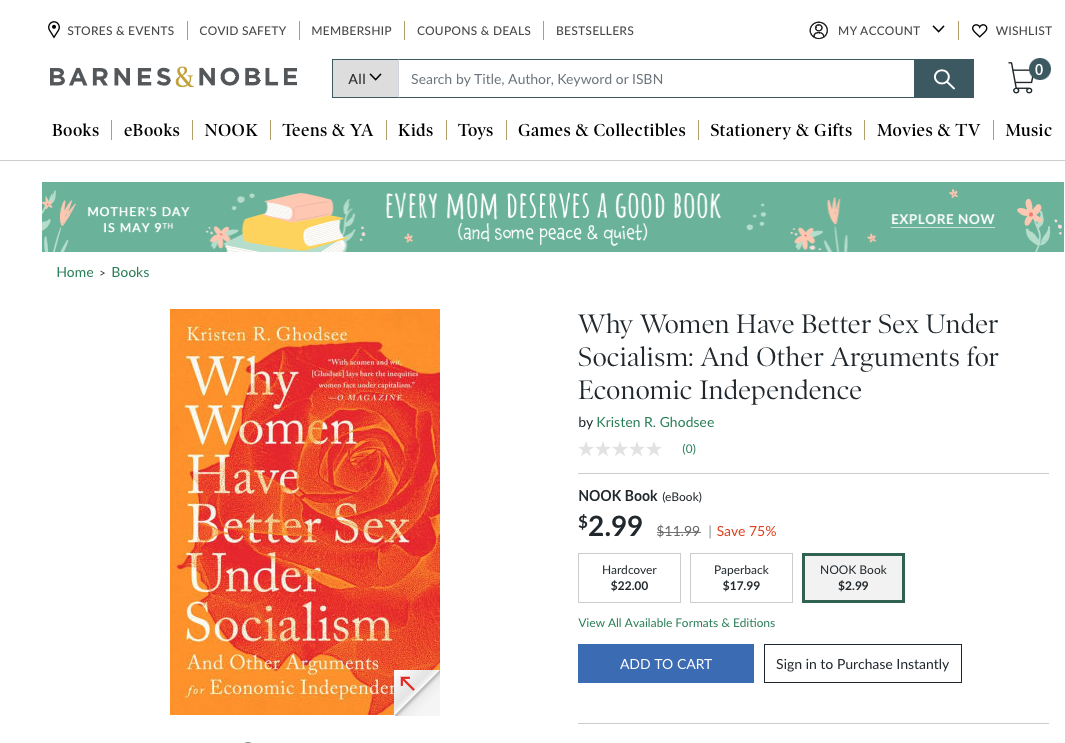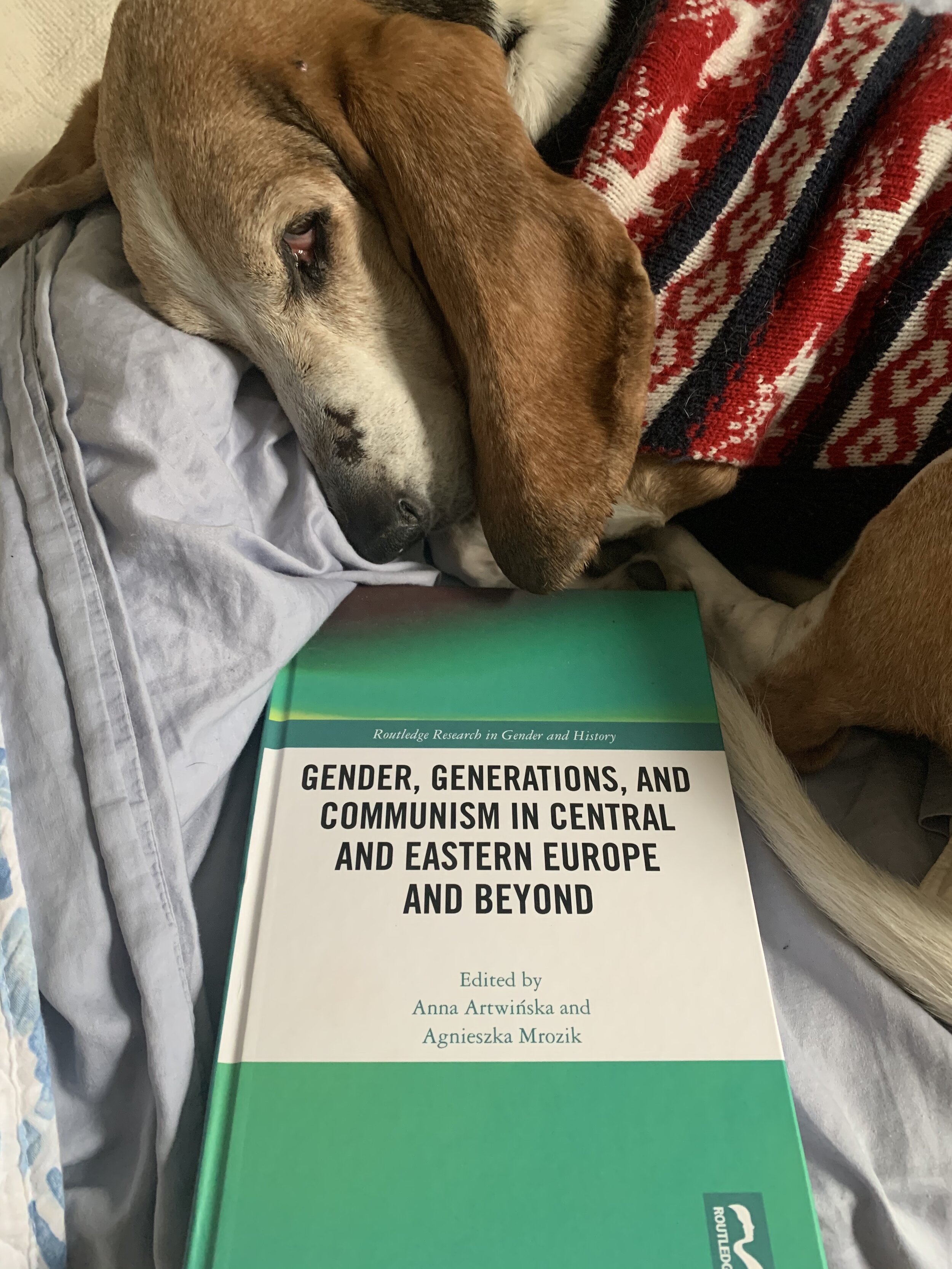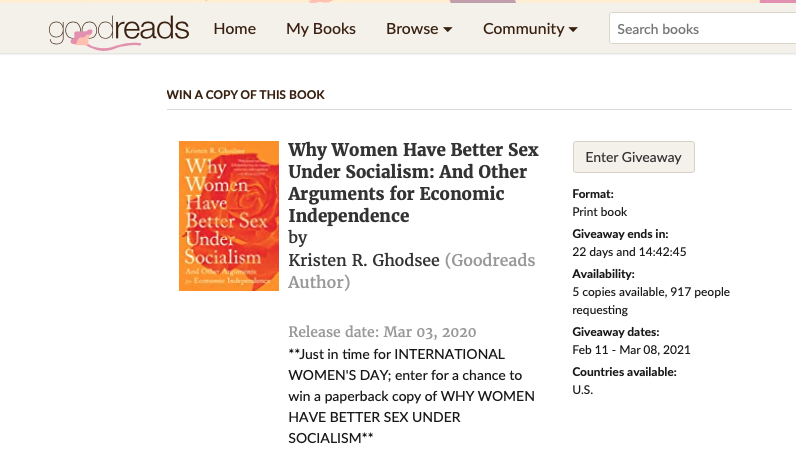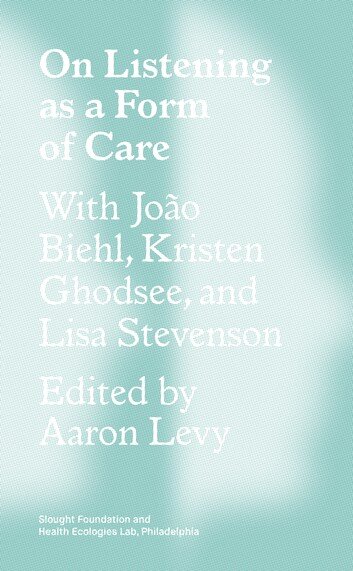So nice to see my book in the English language bookstore in Sofia.
Final cover jacket design for Red Valkyries!
This is the jacket for the hardback book coming out in July.
Even more amazing blurbs for Red Valkyries!
“Until the late 20th century, you could pay close attention in school, graduate from a prestigious university with a degree in history and still never find out who Harriet Tubman was. Outrageous, right? But due to capitalist ideology and Cold War hangover, you could still do all that and never learn about Alexandra Kollontai or Inessa Armand, or any of history’s great Communist women. Kristen Ghodsee’s riveting account of these complicated, imperfect and inspiring lives is an outstanding corrective to our miseducation, one that’s long overdue.”
—Liza Featherstone
“Funny and politically illuminating, Ghodsee writes with the clear-sighted directness of the revolutionary women she describes. Women’s sexual, political and daily emancipation were the eye of the socialist storm for Kollantai, Krupskaya, Armand and Lagadinova. Ghodsee’s book breathes new life into their stories of how to create a world without patriarchy.”
—Elizabeth Armstrong, Smith College
“Kristen Ghodsee’s new book is a well-documented and immensely personal guide to the 20th-century East European socialist women’s movement. The author extracts from silence and saves from oblivion five women who have made an attempt to change not only their own, personal history, but also political, social and cultural history of women in Europe and worldwide. It is a story about a communist revolution in which women played a significant role, creating and implementing the project of a better world for all people. Reflections on the past are not, however, used to celebrate it nostalgically, but to draw conclusions for the future – how to act to build an alternative to the hegemony of capitalism and nationalism. This well-written, passionate story about the “red Valkyries” shows that socialism is not a song of the past, but still valid and long-awaited response to the challenges of the present world. Ghodsee argues that the history is not over, but rushes forward. Speeding up, however, it needs signposts to avoid falling into the abyss. The Red Valkyries will be perfect for this role.”
—Agnieszka Mrozik, Institute of Literary Research of the Polish Academy of Sciences
And another blurb for Red Valkyries from Vijay Prashad! →
“A beautiful book about the intimate lives and bold ideas of a range of Communist women, people who built their revolutionary dreams into reality. Ghodsee lifts up the immense contradiction between the future-oriented social hopes of these revolutionaries, these exiles from the future, and the grip of the social conventions of the present.”
More blurbs from Slavoj Zizek and Sheila Rowbotham!
“In our historical moment, quotas of women in power positions and correct manners or expressions are obfuscating the long historical link between feminism and radical politics. Ghodsee’s Red Valkyries is exactly the book needed to correct this misperception and help feminism to rejoin its radical past. The five figures analysed were fighters who pursued the feminist cause through their full engagement in revolutionary political struggle. Can we still imagine this, in our era obsessed with victimization?”
“Written with clarity and zest, Red Valkyries is an illuminating introduction to the extraordinary lives of prominent socialist women in the Soviet Union and Bulgaria.”
The first blurb for Red Valkyries is in! →
I am so grateful to Jodi Dean for her kind and wonderful words!
“We’ve needed this book longer than we know: celebrating and learning from revolutionary socialist women, Red Valkyries gifts us with models essential to today’s struggles. Kristen Ghodsee breaks down the wall liberal feminism built in women’s history, bringing to life a vision of emancipation that continues to be worth fighting for.”
My visit to the Belgrade book museum →


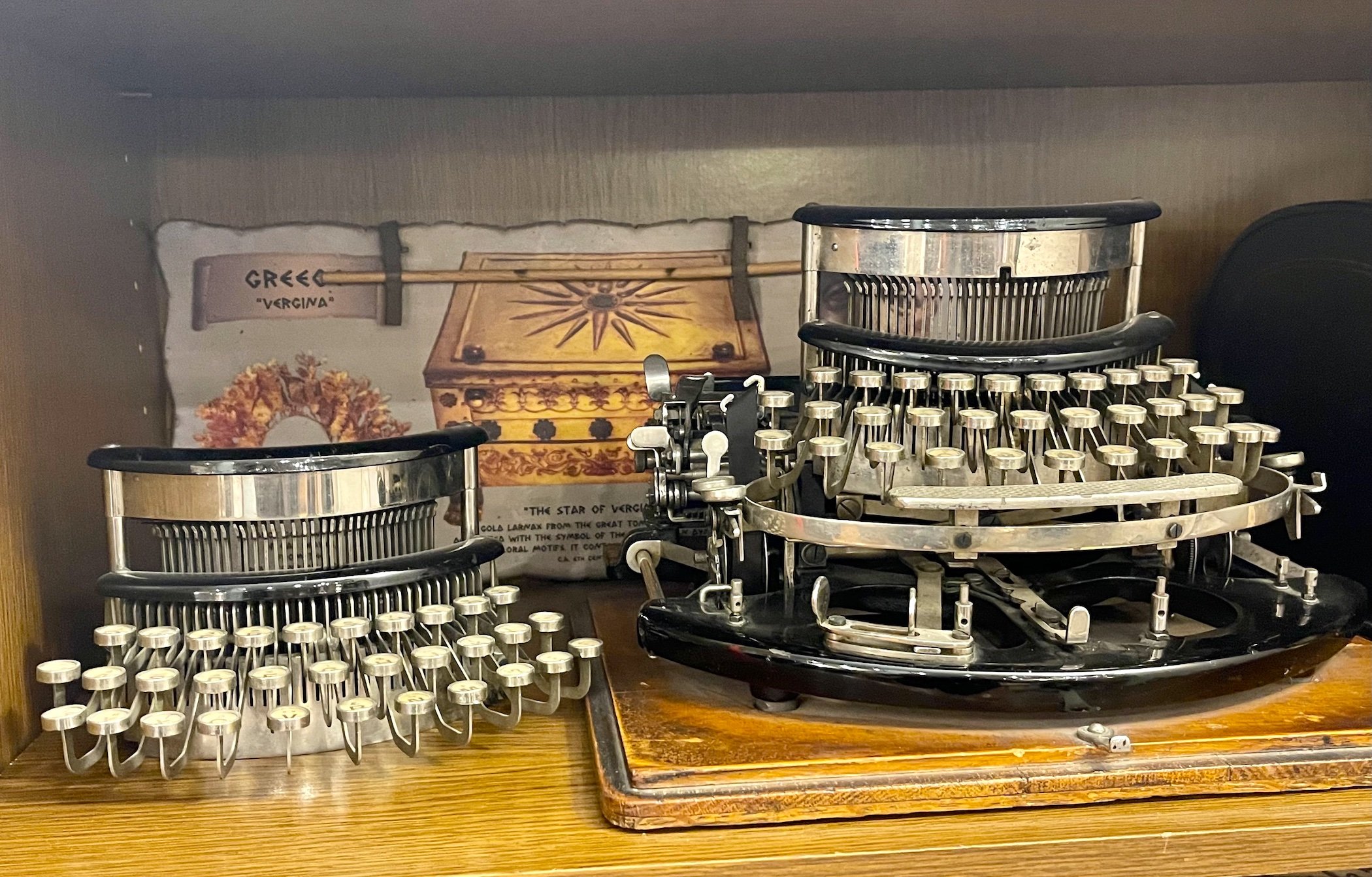






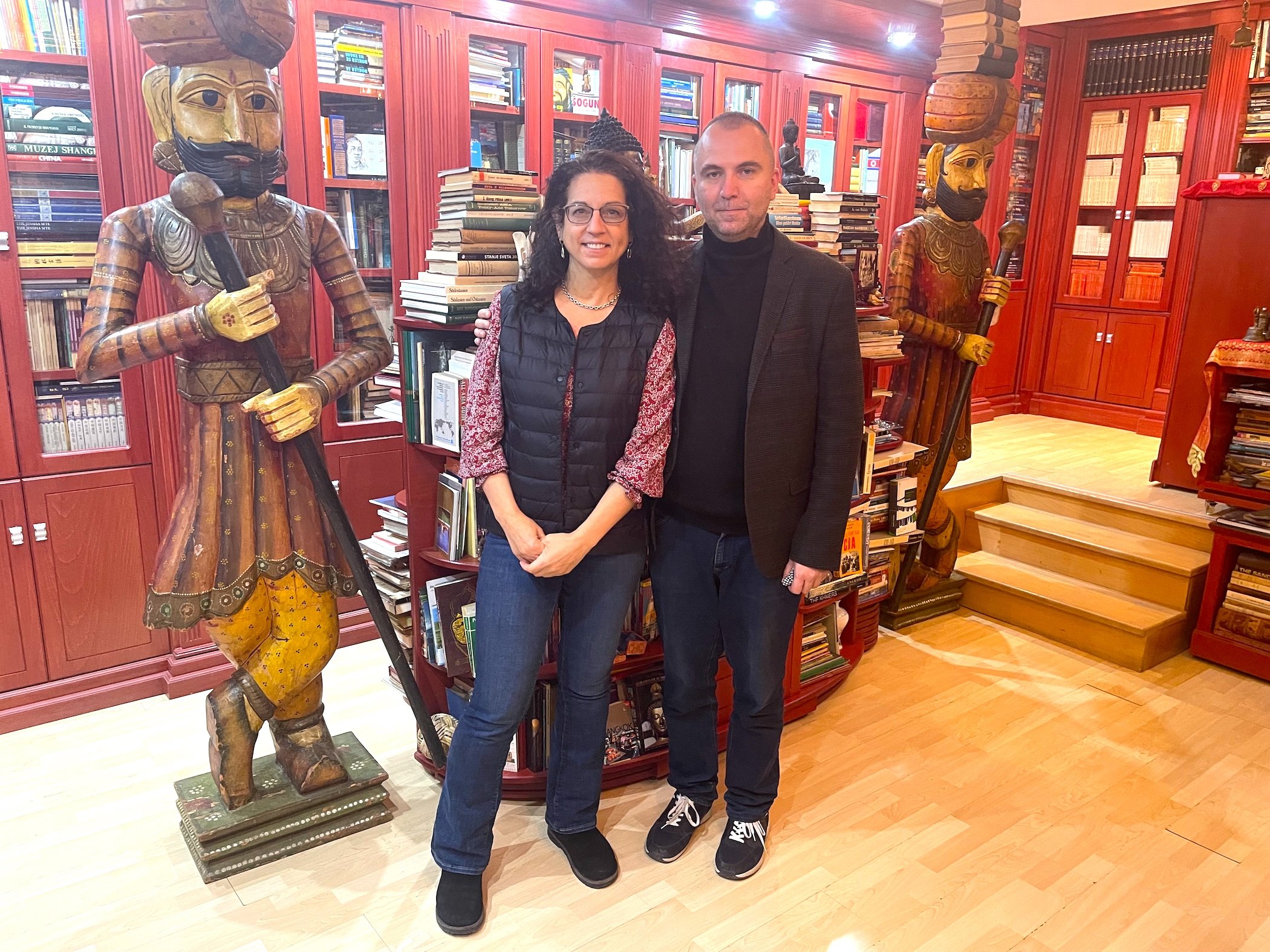
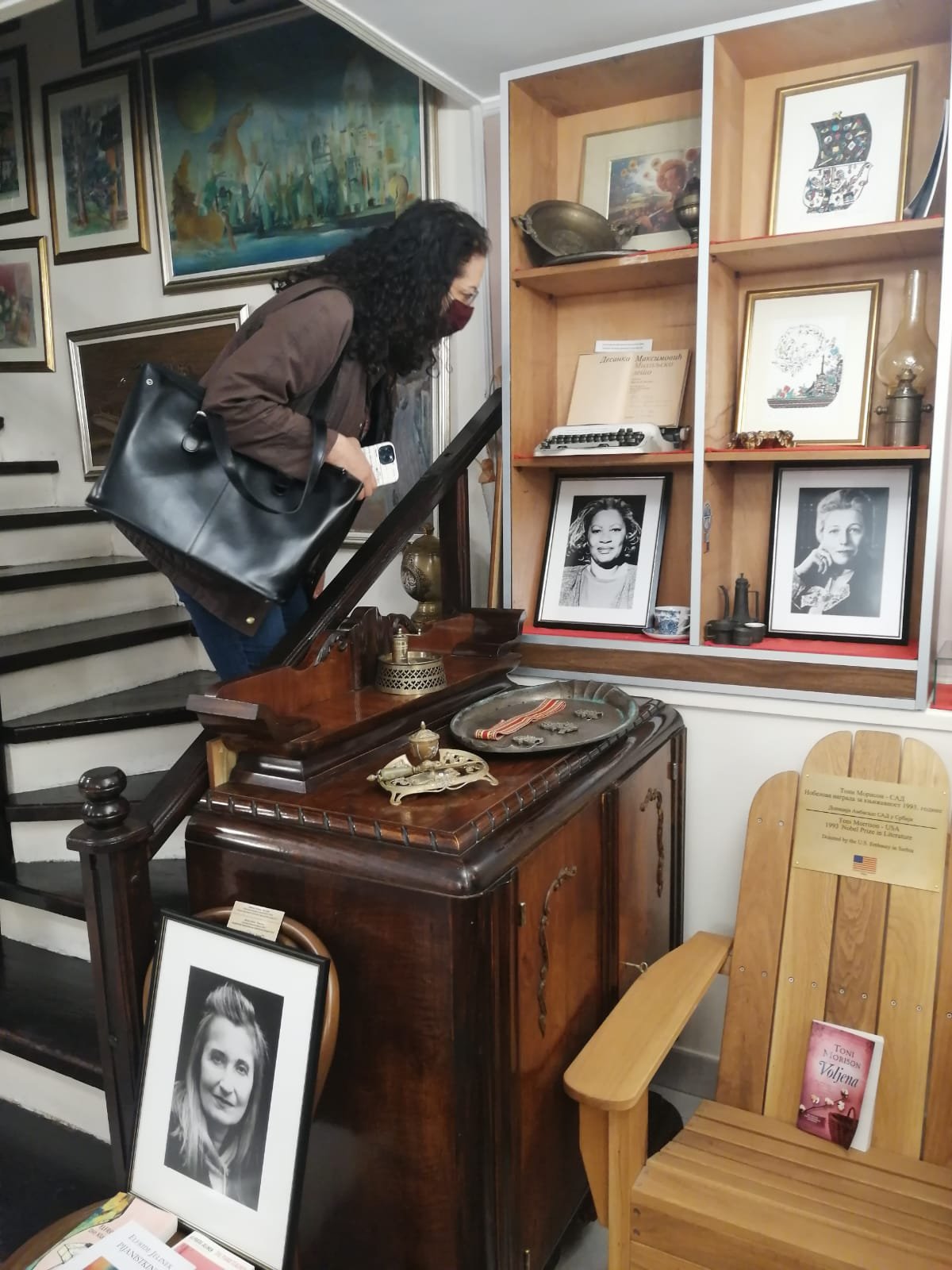
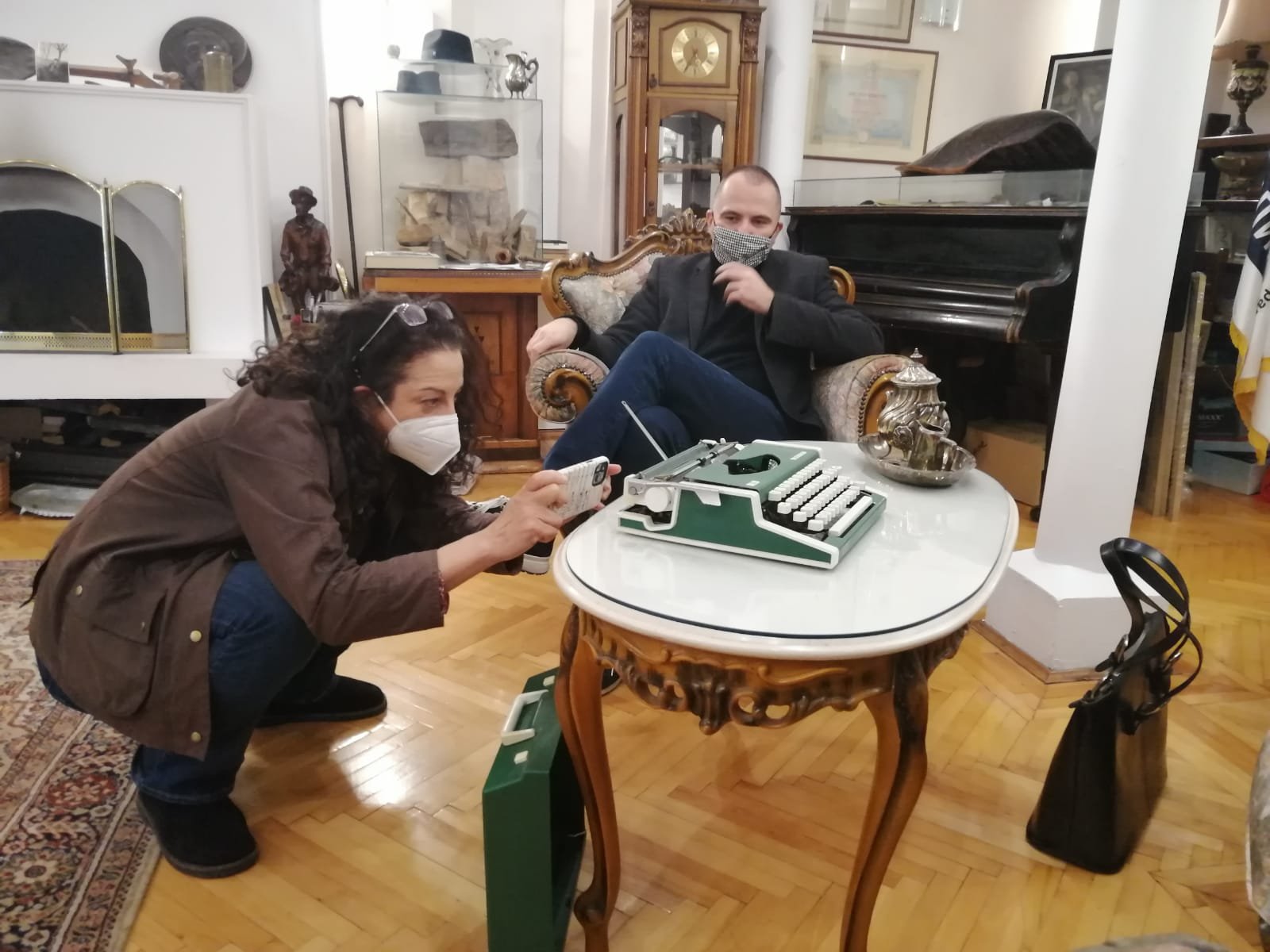
Yesterday, on my hunt for information about Yugoslav typewriters, I found myself at ADLIGAT, the Society for Culture, Art and International Cooperation in Belgrade. This place is a bibliophile’s dreamland; they have over one million books and various exhibits and displays about book cultures from around the globe. They also have an impressive number of typewriters on display, many which belonged to famous writers, including the wonderful UNIS tbm de Luxe, which was manufactured in Bugojno from 1971 to 1991 under a German license and was exported with 92 different keyboards to nations in Africa, Asia, and Latin America. I’m told they have more than 100 machines in storage, and I am lobbying for a special typewriter room! Below are some photos from my visit, but they simply cannot do justice to the magical nature of the place. Visit if you can!
New subtitle for Red Valkyries
The Verso marketing folks have weighed in and changed my subtitle. One thing about trade publishing (or crossover publishing) is how much less control the author has on things like titles and subtitles. But this was a good compromise and I think it still captures the spirit of the book. Here’s also the new descriptive copy:
The overlooked revolutionary women of Eastern Europe and their contribution to socialist feminist history, from the author of Why Women Have Better Sex Under Socialism.
Through a series of lively and accessible biographical essays, Red Valkyries explores the history of socialist feminism by examining the revolutionary careers of five prominent socialist women active in the 19th and 20th centuries.
• Alexandra Kollontai, the aristocratic Bolshevik
• Nadezhda Krupskaya, the radical pedagogue
• Inessa Armand, the polyamorous firebrand
• Lyudmila Pavlichenko, the deadly sniper
• Elena Lagadinova, the partisan turned scientist turned global women's rights activist
None of these women were “perfect” leftists. Their lives were filled with inner conflicts, contradictions, and sometimes outrageous privilege, but they still managed to move forward their own political projects through perseverance and dedication to their cause.
Always walking a fine line between the need for class solidarity and the desire to force their sometimes callous male colleagues to take women’s issues seriously, these five women fought for social change with important lessons for feminist activists today.
In brief conversational chapters Ghodsee tells the story of the personal challenges faced by earlier generations of socialist and communist women and renders the big ideas of socialist feminism accessible to those newly inspired by the emancipatory politics of left feminist movements around the globe.
An amazing venue in Second Life
I am so pleased with the avatar and the venue built for me by Ruby (Ana Victoria Valladares Rubi) who did most of the creative work on this amazing virtual space. We have not one, but two, of Talin’s Towers to welcome you into the venue. It’s at noon (New York Time) at the Second Life Book Club. Also thanks to Draxtor (Bernhard Drax) for organizing it all.
Cover mock ups for the next book
I love them all. Can my book have all three covers?
A nice review in the weirdest of places... →
I honestly have to admit that I never in my life thought anything I wrote (or even co-wrote) would receive a positive review in The American Conservative : Helen Andrews, “Making Sense Of Red Nostalgia” July 13, 2021
Andrews clearly understood the message the of the book and appreciated our critique of the Clinton policies of the 1990s. About the only point where I disagree with is her is her characterization that this is somehow my book. It was fully co-authored with my wonderful colleague at Penn, Mitchell A. Orenstein, with the invaluable help of our research assistant, Nicholas Emery, who is now a Ph.D. student in Political Science at UCLA.
The physical copies have arrived!
The actual copies of Taking Stock of Shock arrived in the mail yesterday. Writing is such a weird profession, because of all of the delayed gratification. You can go months or years without having a publication, and then they all start coming out at the same time.
The final book cover for Taking Stock of Shock
This is the final proof of the front and back of the book!
The blurbs for Taking Stock of Shock
So pleased to have these great blurbs for my forthcoming co-authored book with Oxford University Press
“From a starting point of cacophony, where different disciplines and data seem to depict the post-Soviet transition as either a grand success or an absolute failure, Ghodsee and Orenstein seam together a convincing narrative where both achievements and disappointments can coexist. The book’s focus on widening inequality allows reconciling these opposing views and providing crucial insights not only for scholars of transition countries but also for observers and policymakers in other regions.”
“Ghodsee and Orenstein have written a provocative book on what they argue are the different transitions people across the post-Soviet sphere have experienced over the past decades. Drawing on an impressive array of economic, demographic, public opinion, and ethnographic data, they critically analyze the emergence of stark inequalities that have generated tremendous hardships for many and enormous benefits for some. Taking Stock of Shock is sure to stimulate debate among scholars and policy makers alike.”
The E-book is $2.99 in April
Another sale on the e-book for Why Women Have Better Sex Under Socialism! $2.99 for the month of April wherever you get your e-books.
Spring reading: Gender, Generations, and Communism
I am so happy I get to write “Spring Reading” since we are officially in the spring of 2021. This was an interesting edited collection with a wide variety of perspectives on the historical memory of communism in Eastern Europe.
“…[T]oday anticommunism is part of the mainstream public debate in many countries of Central and Eastern Europe; it is also part of the identity politics of many milieus, groups, and socio-political movements, including women’s movements.”
“...the biographies of women who belonged to the pre-war communist generations are often perceived as biographies of losers, who wasted their lives in the fight for a misguided cause.”
Goodreads giveaway!
Win a paperback copy of Why Women Have Better Sex Under Socialism for International Women’s Day!
Customers also bought items by...
I guess the book buyers on Amazon have put me in pretty good company…
New Book (sort of): On Listening as a Form of Care →
I did an event with the Princeton anthropologist João Biehl back in April 2018. We talked about ethics, empathy, and the ethnographic method. Our conversation has been transcribed and edited and released as a new e-book. It also includes a wonderful conversation with Lisa Stevenson.
It is available as a Kindle Book and as an Apple Book and as a Nook book. I hear that print copies can also be found on the Slought Foundation website, but I have not actually seen any of them yet.
The new Indonesian cover of Why Women Have Better Sex Under Socialism
I absolutely LOVE this cover! Mengapa Perempuan Bercinta Lebih Baik Di Bawah Sosialisme



